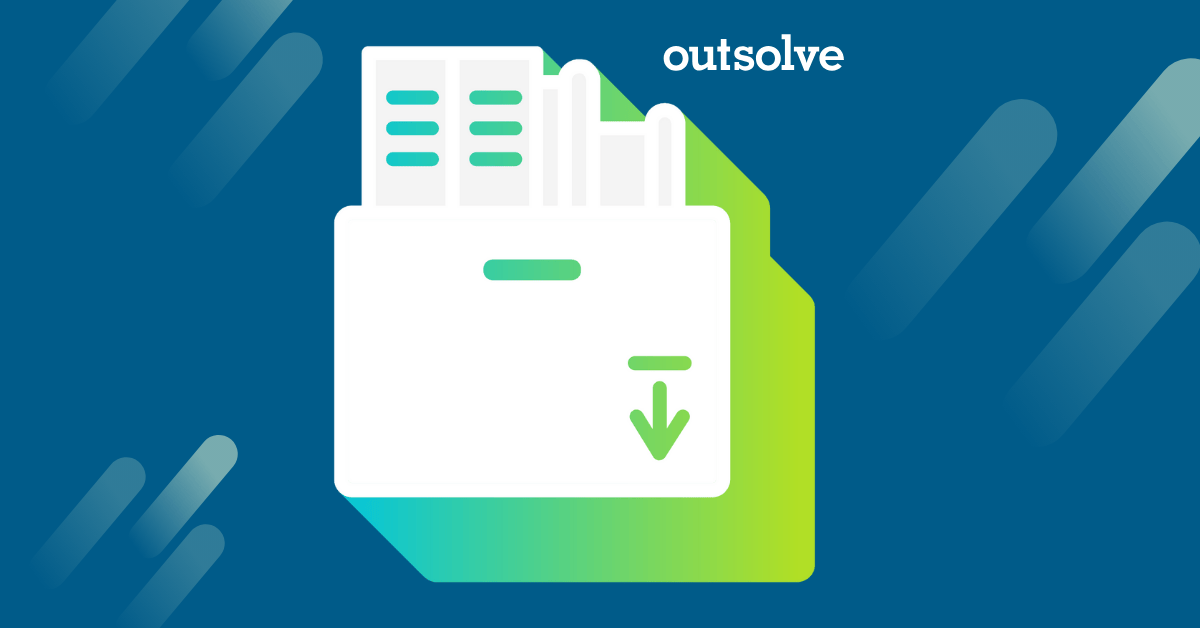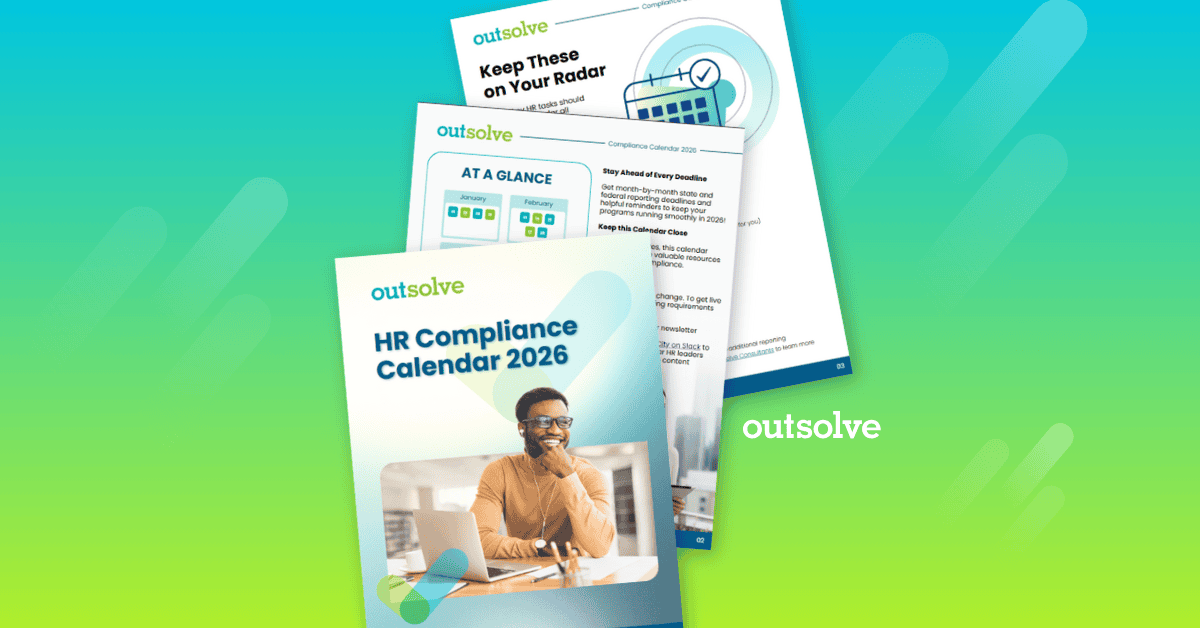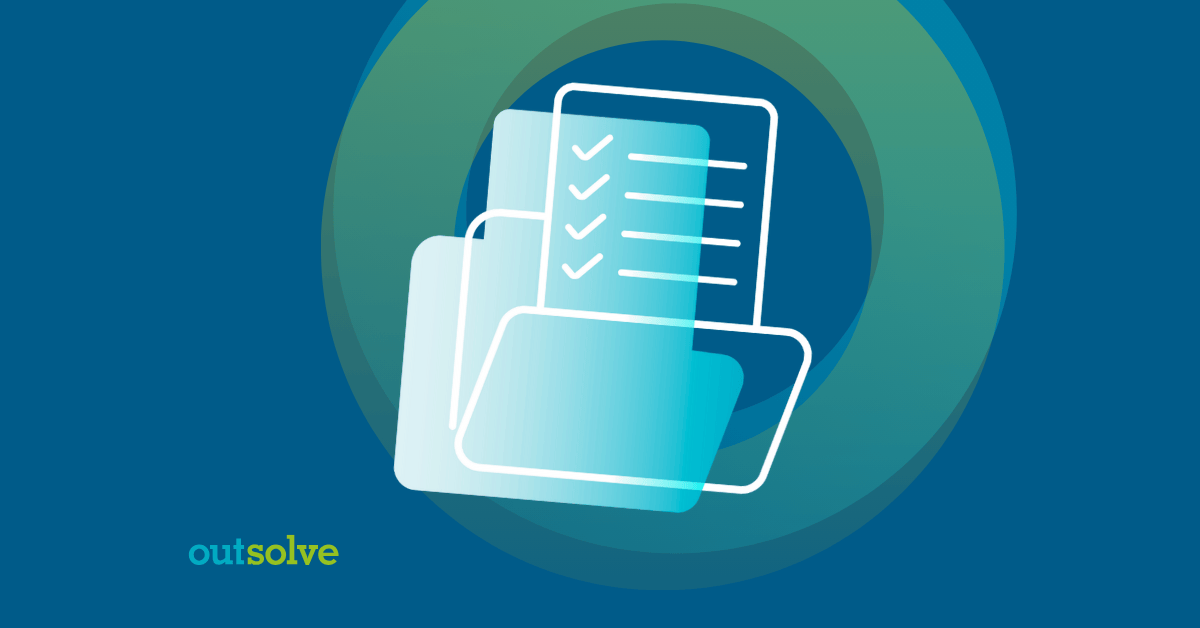4 min read
What Are Compensation Analytics? Benefits, Uses, and Best Practices
 Nick Jones
:
Sep 8, 2025 3:04:40 PM
Nick Jones
:
Sep 8, 2025 3:04:40 PM

If you've spent any time worrying whether your pay practices are truly competitive, or if your compensation philopophy is helping or hurting retention, then you're not alone. Today's fiercely tight labor market puts the pressure on HR to make sure that pay is not only fair but also data-informed and future-proof.
That’s where compensation analytics comes in.
This isn’t just about running a few salary benchmarking reports or comparing roles on job or salary benchmarking sites. Compensation analytics is the foundation of a smart and equitable pay strategy. Let’s get into detail on this so you have a clear path toward making compensation analytics a strategic asset.
Here are three key takeaways you’ll learn in this article:
- What the term “compensation analytics” means
- What compensation analytics can do for your company
- How to start using it in a practical and meaningful way
Compensation Analytics Defined
Let’s start with a simple definition. Compensation analytics is the practice of systematically collecting, analyzing, and interpreting compensation data to guide pay decisions.
That might sound fancy and technical, but in practice, it’s simply about using data to make better, fairer, and more strategic compensation choices. This includes everything from salary levels and bonus structures to pay equity metrics and market benchmarking.
Depending on your company’s size and structure, compensation analytics can range from basic pay reporting to advanced statistical modeling. While standard reporting might tell you about the average salary in your department, advanced analytics can uncover patterns in pay equity, model the cost of pay increases, or even forecast the long-term impact of compensation policy changes.
Many companies turn to tools and platforms to do this effectively, like compensation management software or HR analytics suites. Others may work with specialized compensation consultants to gain deeper insight and regulatory compliance. Either way, the goal is the same—make compensation decisions based on real, actionable data.
Key Components of Compensation Analytics
So, what exactly are you analyzing? Here are the core components of compensation analytics:
- Internal Salary Data: Your internal compensation records are the foundation. This includes base pay, bonuses, equity, job titles, and more. Clean, consistent data is critical here, otherwise it’s “garbage in, garbage out.”
- External Market Benchmarks: Comparing your pay structures to the market helps confirm competitiveness. This can include third-party salary surveys, industry databases, or public pay data.
- Pay Equity Analysis: Are employees being paid fairly regardless of gender, race, or other protected factors? Pay equity analytics helps you find and address those disparities.
- Job Architecture Data: Understanding job levels and competencies allows for relevant “apples to apples” comparisons across roles and markets.
- Advanced Modeling and Statistical Validation: This is where compensation analytics can get sophisticated. Techniques like regression analysis and predictive modeling allow you to simulate pay scenarios and validate the fairness and impact of your decisions.
Benefits of Having Compensation Analytics
If you’re wondering whether all this analysis is worth the effort, let’s take a look at the potential benefits:
- Improved Pay Equity and Fairness: With analytics, you can surface hidden pay gaps and take proactive steps to close them, before employees raise concerns or regulators come knocking on your door.
- Better Talent Attraction and Retention: Today’s candidates are smart and savvy. They expect transparency and fairness. Competitive, data-backed pay can be a key differentiator when it comes to attracting and keeping top talent.
- Data-Driven Budgeting and Planning: Need to plan next year’s merit increases or forecast the cost of promotions? Compensation analytics gives you the numbers you need to make smart and strategic financial decisions.
- Increased Compliance with Pay Transparency Laws: From California to New York, pay transparency laws continue to increase. Analytics helps your company stay on the right side of these regulations.
- Stronger Employee Trust and Engagement: When employees know your compensation decisions are based on objective data, and not favoritism or guesswork, it builds trust and improves morale.
- Competitive Advantage: Companies that leverage compensation analytics stay ahead of the curve in attracting and rewarding top talent.
- Scalable Compensation Strategy: As your business grows, so does the complexity of pay decisions. Analytics helps you develop compensation practices thoughtfully, efficiently, and supported by solid data.
What Compensation Analytics Can Help You Do
Still wondering what this looks like in practice? Here are some concrete ways compensation data analytics can support your HR work:
- Conduct accurate market benchmarking so your pay ranges remain competitive.
- Analyze pay equity and identify gaps by gender, race, location, or job level.
- Model the cost impact of pay changes like merit increases, promotions, or geographic adjustments.
- Support pay transparency initiatives with facts and figures that explain your decisions.
- Develop and defend a clear compensation philosophy aligned with company values and goals.
- Provide compensation insights to executives and boards that go beyond gut feel or assumptions.
- Prepare for regulatory compliance checks with clear, defensible data.
How to Get Started with Compensation Analytics
Ready to put compensation analytics to work in your organization? Here’s a roadmap to get started:
- Audit Your Existing Compensation Data: Make sure your data is accurate, complete, and consistent. Are job titles standardized? Are pay elements properly coded? Start there.
- Define Your Goals and Key Questions: What do you want to learn or solve? For example:
- Are our pay practices equitable across gender and race?
- How do our salaries compare to industry benchmarks?
- What would a 5% increase across the board cost?
- Choose the Right Tools or Partners: Whether you go with compensation analytics software or bring in a consulting firm, make sure it fits your company’s size, goals, and complexity.
- Ensure Data Quality and Consistency: Remember, garbage in equals garbage out. Invest the time to clean and standardize your compensation information across systems.
- Build Internal Expertise or Partner Strategically: Not every team has a comp analytics expert on staff, and that’s OK. Many organizations partner with external specialists to fill this gap.
- Embed Analytics in Compensation Decision-Making: Don’t let it be a one-off project. Make compensation analytics a part of every cycle, including merit reviews, pay adjustments, hiring decisions, and policy reviews.
Why Choose OutSolve for Compensation Analytics?
If you’re looking to bring your compensation analytics to the next level, then OutSolve can help.
We specialize in helping organizations with compensation strategy and philosophy, compliance, and pay equity. Our team has extensive experience in:
- Pay Transparency Support
- Compensation Benchmarking
- Pay Equity and Gap Analysis
- Pay Philosophy Development
- Advanced Statistical Validation
What makes OutSolve different? We combine expert insight with proven methodology. That means practical, defensible results with actionable steps forward, and not just charts and spreadsheets. Whether you're initiating a new pay philosophy or simply looking to modernize your compensation approach, we’re here to guide you every step of the way. Learn more about compensation analysis and how it fits into your pay strategy.
What Compensation Analytics Means for Your Organization
Fair, transparent, and competitive pay is no longer optional. Compensation analytics is one of the most powerful tools in HR’s toolkit. It gives you clarity, brings accountability, and positions your organization for long-term success for both compliance and culture.
If you’re ready to start incorporating the process of compensation data analytics, then we’re here to partner with you. Contact OutSolve today for a consultation or demo. We’re ready to help you build a stronger, smarter compensation strategy.
Nick Jones is a member of OutSolve’s compensation team as an analyst specializing in pay equity and market pay analyses. Nick also supports federal contractors with pay data analytics and state pay reporting. Experienced in interpreting big data, he provides companies with the vital information needed to ensure equity, efficiency, and competitiveness in their compensation. Nick graduated from Tulane University and earned his master’s degree in Data Analytics from the University of New Orleans in 2022.
Weekly OutLook
Featured Posts

New Year, New Deadlines: 2026 HR Compliance Calendar

outRageous HR: Plan Now or Pay Later
Related Posts

Why Remote I-9 Verification is a Must for Today’s Workforce
The way we work has changed permanently. Between hybrid setups, fully remote teams, employees scattered across cities, and even time zones, HR...

California SB 464 Mandates Stricter Pay Data Reporting Requirements
California's Pay Data Reporting portal is set to open on Monday, February 2, 2026 and reports must be submitted on or before Wednesday, May 13, 2026.

Workers Performing Work of Equal Value: Establishing Categories of Workers Under the EU Pay Transparency Directive
Employers operating in the European Union (EU) will begin to have pay data reporting obligations under the EU Pay Transparency Directive starting in...

